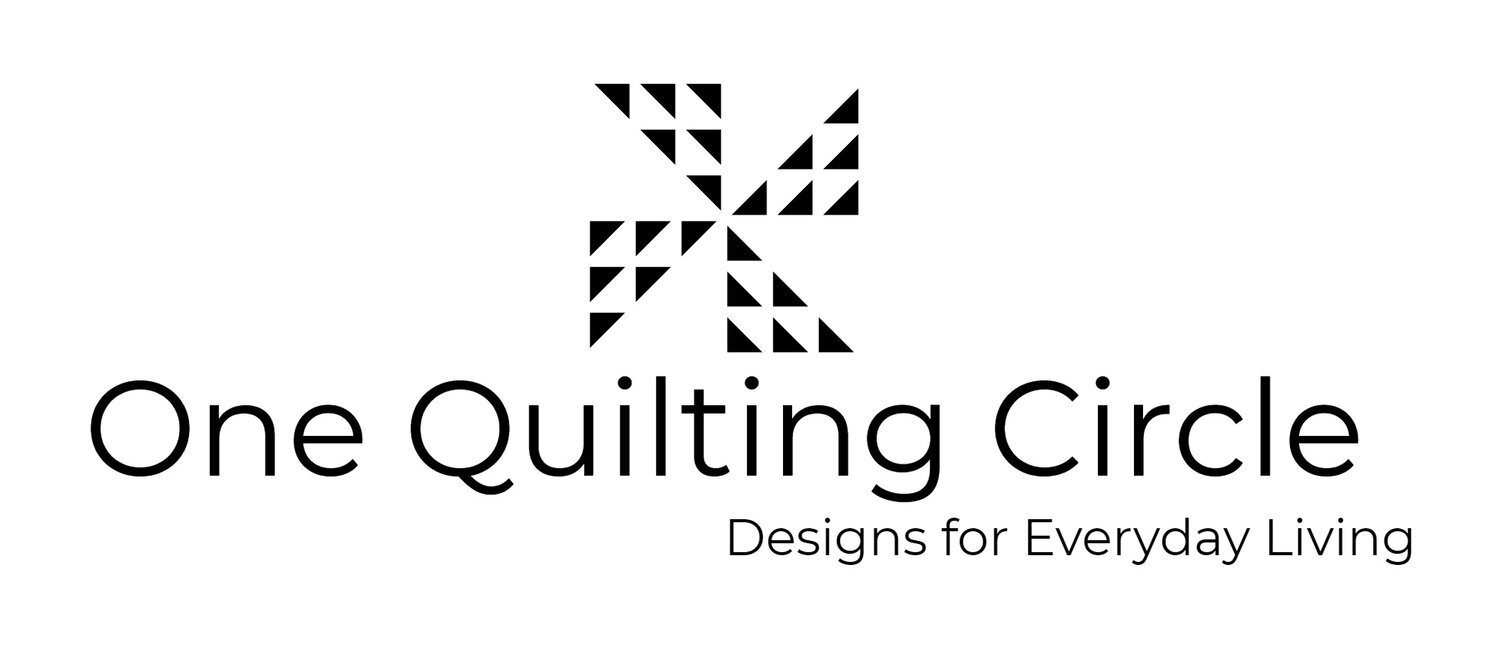September Color Challenge - Lilac/Lavender (or Violet?)

Happy September - I can't believe we're here already. I'm happy to be back participating in Patterns by Jen's Monthly Color Challenge again...this time for the Lilac/Lavender color for September. Truthfully, I'm also thinking of it as Violet - but that's mostly because I'm a fan of the Dowager and the Downton Abbey movie due out shortly. If you haven't seen my May entry into the challenge, you can see it by linking here.
This color challenge is one that Jen is running throughout this year so that we can both explore color and learn new blocks. As you're reading my blog post on this, you can also find the other bloggers for this month here:
Joanne Harris - Quilts by Joann
Maryellen McAuliffe - Mary Mack's Blog
Sarah Myers - The Quilted Diary
This color isn't one that I usually work with - and obviously, I need to change that! - but I started by going through my stash and pulling out two versions of that color - a light and a dark.

There was enough of each in my scrap bin, and they offer enough of a contrast to make this an interesting block. I use the scrap bin as a great starting point when pulling colors, or making a test block for a pattern...don't you?
This month's block is a nine patch, with some interesting variations, and I began by cutting the pieces out as per Jen's block instructions. Over the years, one of my routines in quilting is that I cut all the blocks out at the beginning, label them if I need to, and then I know I have everything I need.

We start by taking 2 lights and two dark squares, pairing them together and drawing a line horizontally corner to corner...then cutting that unit in half. That will generate 4 triangles, which you will then press to the dark side and square up to equal four (4) 2 and a half inch squares.

To square up a unit, you take any ruler you have which has a 45 degree angle to it, and place that so the diagonal line on the ruler is over the diagonal line on the block, and the right side and the bottom are aligned with the correct measurement on the rulers. Trim away any excess, and your block will be perfectly squared up. If your measurements don't line up, you may want to recheck your seam allowance when stitching the original diagonal.

Once you have all 4 of the units done, lay them out so that the pinwheel goes around in one direction, and sew the top two together (pressing right), then the bottom two together, pressing left. The alternate pressing will allow the seams to nest together, and you will have the center block done. A note if you're finding it difficult to get the center seams to lie flat...it's been suggested by Jen that you can try spinning the center seams...Here's a tutorial you can reference if you would find that helpful.

The next step is to sew the two long strips of fabric together (using your quarter inch seaming skills!), and press to the dark side. On the day I was working with this, i had my granddaughter, the Little Quilter with me, and since she's 3, I'm always looking for ways to include her without involving sharp or hot objects. This gave me the perfect opportunity to introduce her to a wooden iron - these seams are pressed well with all the enthusiasm she can muster.

Once your strip set is pressed, it should measure 4 and a half inches wide. After making a left edge clean up cut, sub cut that unit into segments which are 2 and a half inches wide. You will need 8 of these units. Pair two of these units up, rotate one half way around, and then sew the two together. You will need 4 of these units.

You will find that you have 4 dark purple blocks left over from the original cutting step, and those, along with the pinwheel and the fourpatches, will make up the final block. Lay the blocks out according to the layout below, and sew the units together in rows, alternating pressing directions.

Once you have sewn this block together, you will have a perfectly sized 12 and a half inch block...ready for your next project (or Jen's completed quilt).

